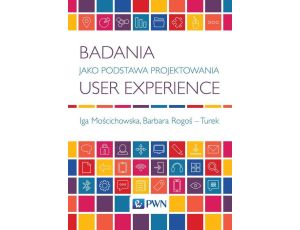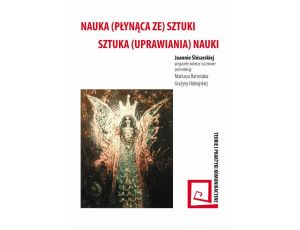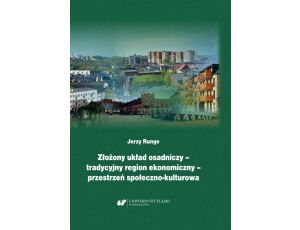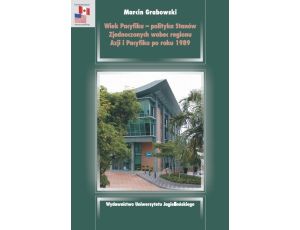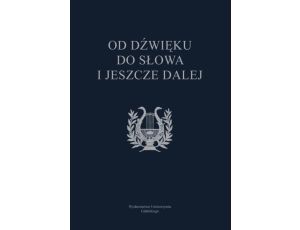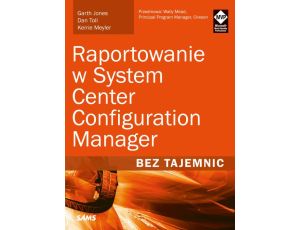Opis produktu
Opinie
During many meetings and conversations in the last ten years about our
profession or even one could say passion – literature, we had the impression
that there is much in common between our two literatures – Polish and
Hebrew. We decided to put our intuition to the test and see how much truth
there is to it, and we organized the conference “Polish and Hebrew Literature
and National Identity”, which took place at the University of Warsaw in
October 2009. We invited brilliant scholars from both sides, Poland and
Israel, who picked up the gauntlet, offering their reflections and prompting
discussion on the relations between nationhood and literature from different
perspectives. This book compiles extended and revised versions of the papers
presented at the conference.
During the conference sessions, discussions, conversations, as well as the
social events in the evenings, we came to the conclusion that there are some
very important questions and problems which both literatures address and
struggle with.
The first, and perhaps most central issue is the construction of the
concept of nationality; namely, the symbols, myths and images which create
national identity. This question has several aspects: Polish, Jewish, Polish-
Jewish, Israeli, with another important element being whether the author
writes in his/her homeland or in the diaspora. Within these aspects we could
recognize similarities between Polish and Hebrew literatures. Here we have
to underline that, in our understanding, what defines a literature as Polish
or Hebrew is the language of the work and not the national-religious identity
of the writer.
In the opening article, Anita Shapira illustrates Hebrew literature’s
reciprocal relations with Zionism, a complex link with a dual perspective,
both encouraging and doubting. In her wide-ranging study she shows that
it was common for different literatures to shape their respective national
10
consciousnesses. Through their works, the likes of Pushkin, Mickiewicz,
Byron, Smetana, Scott, Hugo and many others formed national identities and
political consciousness. Secularization played a great role in this. Instead of the
Scriptures, which had lost their hold among the intelligentsia, it was secular
literature that created a national-cultural community in the language of the
nascent nation. The power of literature was decisive because it is literature
that impacts the imagination and emotions most effectively. However, Shapira
shows that it was not only Hebrew literature which shaped the Zionist mind,
as by and large the highbrow of Hebrew belles-letters consisted of elitist
writers who created critical, challenging, pessimistic, and individualistic works,
which were by definition intended for a relatively limited readership. Shapira
claims that the canon that shaped the Zionist narrative included Hebrew and
translated literature, highbrow and lowbrow alike. In that light she points to
the influence Polish literature had on the Zionist narrative.
Cechy
| Rodzaj: | e-book |
| Format pliku: |
|
| Język publikacji: | angielski |
| Rok wydania: | 2021 |
| Liczba stron: | 310 |
| Miejscowość: | Warszawa |
| Redakcja: | Alina Molisak, Shoshana Ronen |
